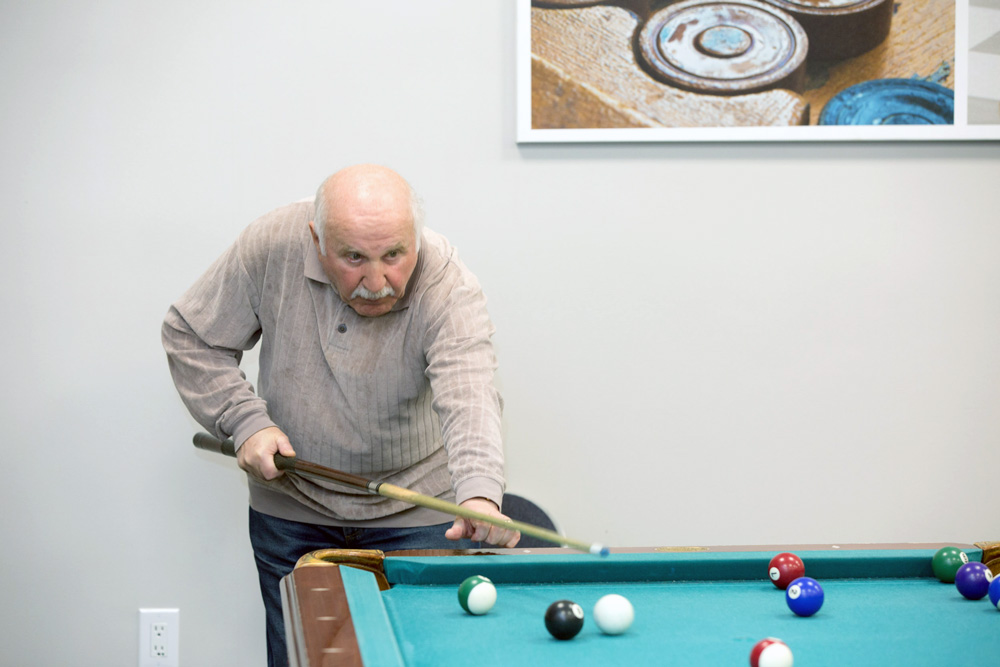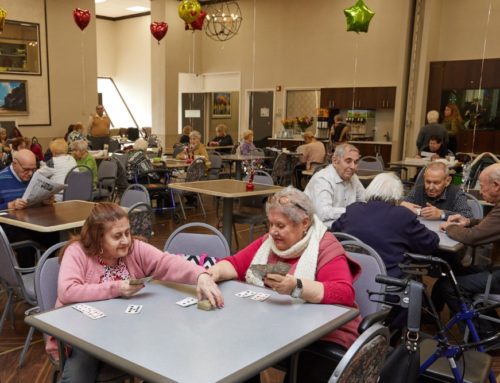Early Signs Of Dementia You May Not Know
As we age, different parts of our bodies, including the brain, gradually deteriorate at different rates. Early stage dementia is becoming increasingly common in society as people live longer. To understand and relate to those experiencing cognitive decline, it’s useful to know the early signs of dementia.
Just because you can’t remember someone’s name doesn’t mean that you are facing early-onset dementia. Rather, the symptoms of dementia manifest themselves gradually in a number of different ways.
Below, we take a layman’s look at some of the common – and less common – early signs of dementia. If you recognize any of these signs in yourself or a loved one, seek advice from a medical professional. Note that there are things you can do to slow down the onset of dementia, and early diagnosis is key. These include, in particular, physical and cognitive therapy as well as other therapies which help you stay active, socially engaged, and positive about life.

Early Signs Of Dementia
Warning signs that your brain is not functioning as perhaps it once did, will vary depending on individual circumstances. However, common indications of cognitive decline are changes in mood, difficulty finding the right words, repeating yourself, and apathy. Others include confusion, difficulty following a storyline or completing tasks, poor judgement, and a failing sense of orientation.
Minor problems
There are also a few, small, tell-tale signs that someone is entering early-stage dementia. They may not be at all obvious and you may not realize they are problems related to dementia.
- Subtle changes in short-term memory. For instance, you may tend to forget where you put something. You may struggle to remember why you entered a particular room or shop. You may forget what you were supposed to be doing on a particular day or at an appointment.
- Loss of focus can also be a sign of dementia. This might make it harder to concentrate on a given task, read a book, or learn something new. You might start finding it harder to concentrate on a task such as completing a tax return.
- Loss of ability is another potential early sign of dementia and can manifest itself in lack of mental dexterity. For example, you might find it harder to do a sudoku, a crossword or a jigsaw. Your mental arithmetic skills could begin to fade.
- All the above can lead to a sense of frustration which, in turn, can lead to depression and further stress. Depression is very common in elderly people who have perhaps lost friends and loved ones and lead rather isolated lives. Unfortunately, it feeds on itself and leads to a lack of self-worth and can exacerbate cognitive decline.
If you or are loved one recognize any of the above, see a doctor. He or she can advise on therapies that can help slow down the onset of early signs of dementia.
Also note that neurological conditions are usually progressive and won’t get any better if you do nothing to treat it. So, make sure that you see a doctor and start addressing your issues straight away to stop them or slow them down. You will learn to manage your symptoms.
This article is for educational and informational purpose only and does not substitute for professional medical advice. For any questions about your own health condition, speak to a qualified physician or healthcare provider.







Leave A Comment